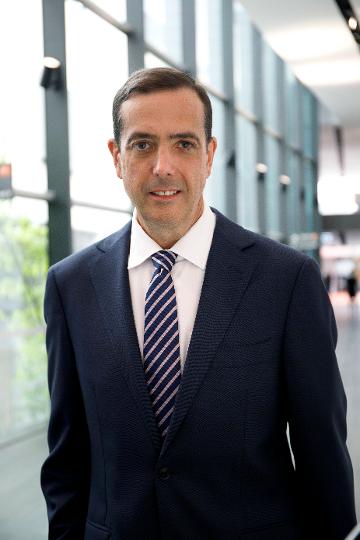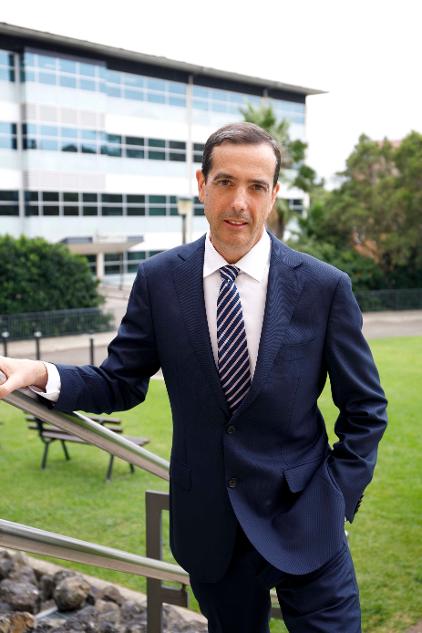About Us
Heartmed is the name of my cardiology practice.
It is a word coined from the words “heart” and “medicine” as in the discipline of medicine. I established Heartmed in 2005.
At Heartmed, our focus is to meet the needs and address the concerns of our patients and their referring doctors. We provide a comprehensive and thorough assessment of each patients' cardiological health. Initially, this is often to assess the significance of patients' symptoms which may or may not be heart-related.

Other patients may have other concerns e.g. discovering someone known to them has suffered a heart attack may prompt them to seek advice about their own risk of having a heart attack and what can be done to prevent this. If a heart condition(s) is/are discovered, then, in cooperation with the patient and their referring doctor a plan to manage the condition is then formulated and recommended.
This may include; further testing, lifestyle adjustment, heart medication, keyhole procedures on the heart, heart surgery and periodic check up appointments to deal with potential long-term consequences of the heart condition(s).
Often there are multiple overlapping heart conditions or a heart condition with differing aspects. Therefore, to have the best of cardiological health care often requires a team of doctors, each of whom have varying degrees of involvement and some of whom may have very sub specialised roles.
The situation is comparable to that of a sporting team or a team working on a major building project, each team member having particular sub specialised expertise. Such a cardiological team needs a captain, traditionally the initial cardiologist to which a particular patient is referred. Most cardiologists, regardless of their subspecialty interests, continue to take on this "Captains' role."
I (Dr Nelson) take on this "Captains' role" for my patients and am well placed to do so.
My subspecialty interest is in non-invasive cardiological imaging. "Non-invasive" is the medical term used to describe tests or procedures that are less likely to cause complications in comparison to "invasive" tests or procedures that are more likely to cause complications.
The standard best medical practice is to, wherever possible, use non-invasive tests in preference to invasive tests when assessing a patient.This avoids, as much as possible, complications of invasive testing. This is especially advantageous in patients in whom heart conditions are excluded by the non-invasive testing. Subspecialty expertise in Non-Invasive Cardiological Imaging testing (which I have) is arguably the best asset a cardiologist can have for the initial assessment of a patient. These tests cover the majority of heart conditions in the majority of patients.

Like the rest of medical care, cardiology contains too many subspecialty areas for it to be practicable any more for an individual cardiologist to be master of all the subspecialty areas. They would risk being "a jack of all trades and master of none" (as I indicated, I myself am sub-specialised in Non-Invasive Cardiological Imaging whilst I also retained my Captains' role for my patients).
I have a well-developed network of cardiologists who have sub specialised in various other areas of cardiology, as well as cardiac surgeons (who also may be sub-specialised) and non-cardiology specialists.
When appropriate, I draw on this network to assemble the best team to provide the best cardiological care to my patients.
In each patients' case, when I select each doctor, I will have regard to their particular subspecialty expertise and performance. Where local expertise is undeveloped, I will consider superior expertise further afield. Of course I also have regard to patient and referring doctor preferences and the issue of cost.
